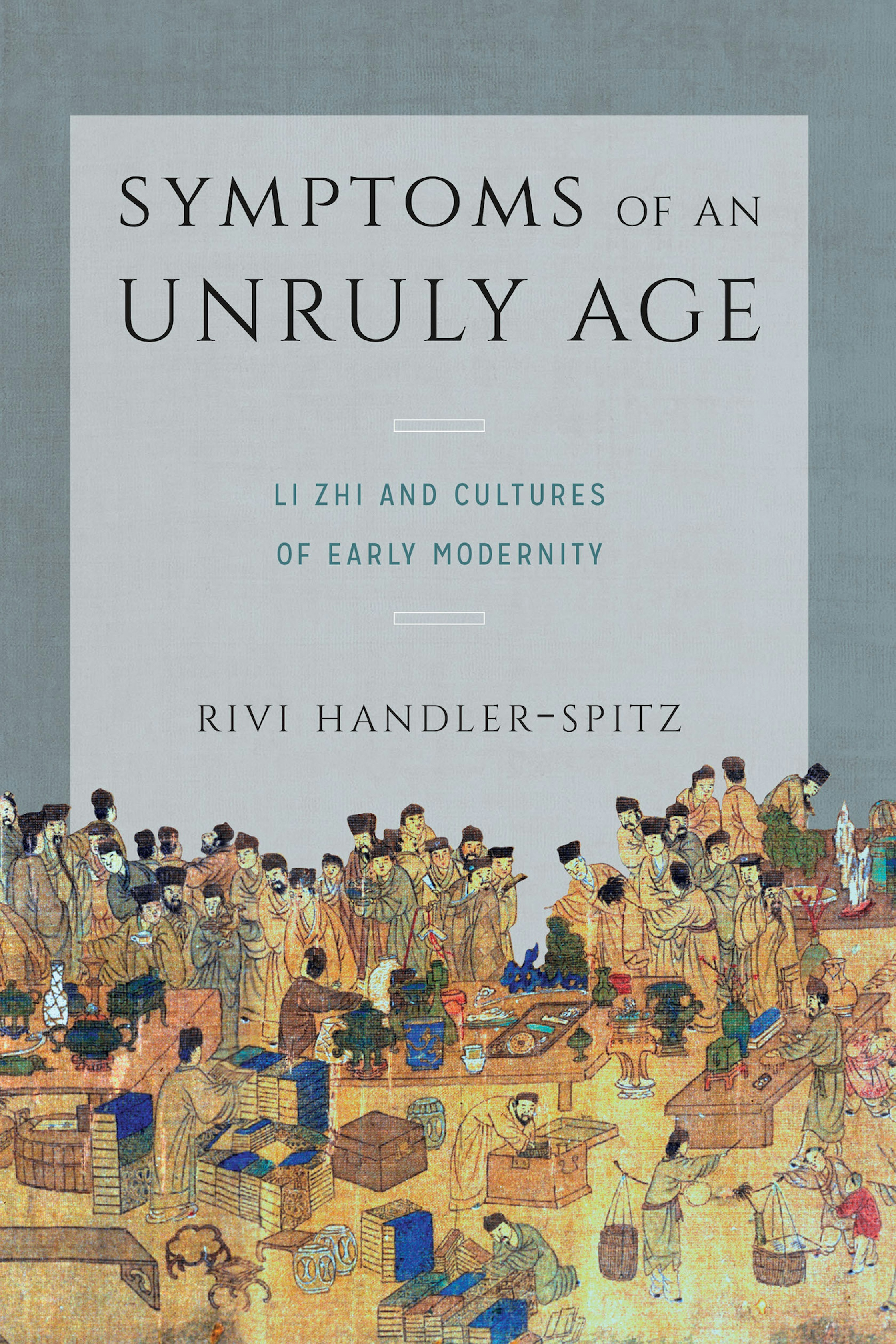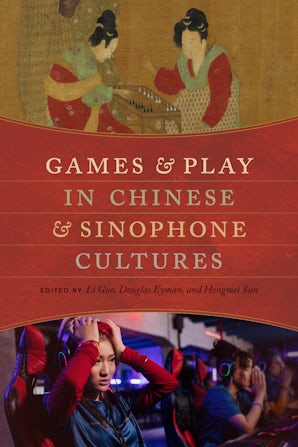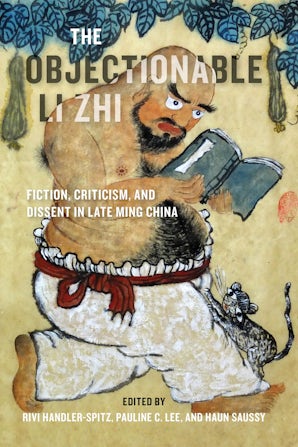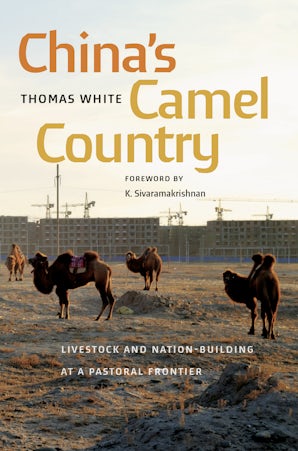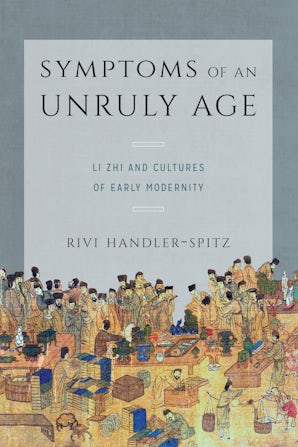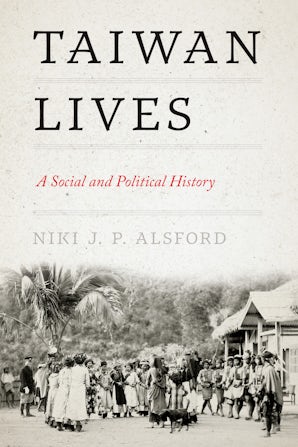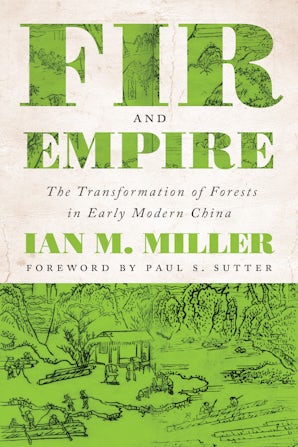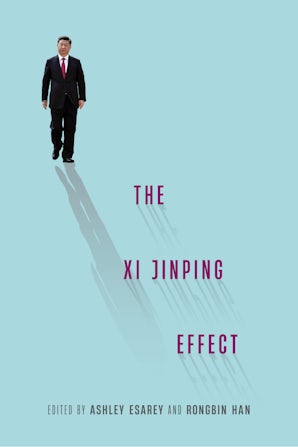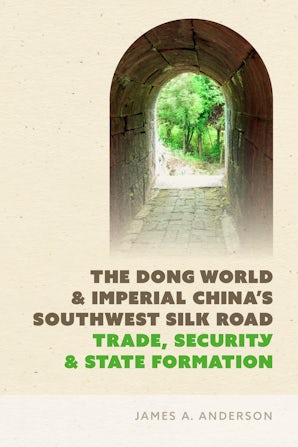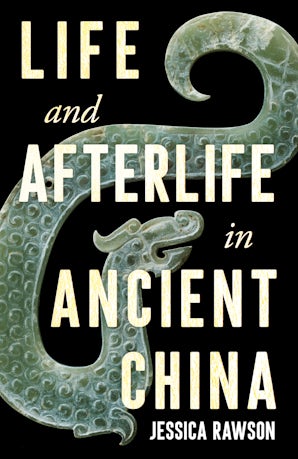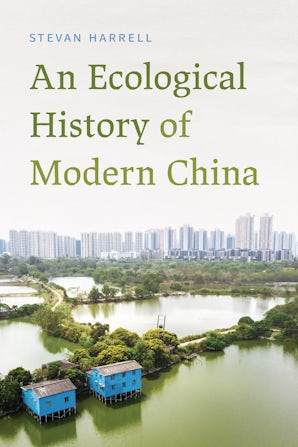"Handler-Spitz sets herself two discrete tasks: to describe societies that were undergoing critical, parallel changes; and to justify the comparative approach itself... As Handler-Spitz makes clear, simply recognizing the parallels can safeguard us from inappropriately narrow, single-culture-specific notions of causality."
-
Katherine Carlitz, Journal of Asian Studies
"Symptoms of an Unruly Age will become indispensable reading for any serious China scholar looking for amodel of how to write China into a global context or hoping to understand Li Zhi from a fresh and compelling perspective."
-
Maram Epstein, Modern Philology
"Symptoms of an Unruly Age beautifully captures Li Zhi’s late-Ming world and the anxiety that world provoked, not by introducing startlingly new themes to those of us already familiar with the period, but by weaving them together and exploring them in new and nuanced ways."
-
Chinese Literature: Essays, Articles, Reviews
"Handler-Spitz, a remarkably clear writer, deftly interweaves her own observations and analyses of Li Zhi’s work with numerous translations of primary texts, allowing the book to serve as a short and insightful introduction to Li Zhi’s thought and late-Ming intellectual life in general. Upon closer investigation, however, the book turns out to be much more than a smartly written biography of a fascinating late Ming man. By consistently exploring the literary and intellectual similarities between China and Europe, the study transforms into a smart investigation of how to situate such a man in a much larger, early modern world."
-
Pieter C. Keulemans, Bulletin of the School of Oriental and African Studies
"It is a measure of the success of Handler-Spitz’s erudite and enjoyable book that it stimulates its reader to continue pondering these issues."
-
Lucille Chia, American Historical Review
"Symptoms of an Unruly Age is an unusual book, but one that is exceptionally successful in fulfilling its aim. Although the reader may be excused for overlooking the depth of her scholarship because of the clarity and grace of her prose style, this small volume reflects enormous competence—not only in the large and challenging body of Li Zhi’s own writings, but in a broad range of the relevant secondary materials concerning the thinker and all aspects of his time, and in European intellectual history, especially of the Renaissance and Enlightenment periods. Symptoms of an Unruly Age is a fine example of mature scholarship in which each statement has been carefully weighed for relevance, accuracy, and style. Handler-Spitz is a sure and reliable guide not only to this thinker, but also to the late Ming intellectual milieu that came to be so readily apparent in the literature—including the vernacular fiction—of his time. As an introduction to the intellectual challenges that dominated the late Ming, a distinct and profoundly important “age” in the modernization of Chinese culture, I know of no more readable study than this either for the graduate student or for specialists in other fields. For a first monograph, this is a major accomplishment."
-
Robert E. Hegel, T'oung Pao
"Symptoms of an Unruly Age sets Li Zhi in contrast to modern thinkers in Western Europe in insightful, unexpected ways. . . makes a real contribution to the study of early modern China and offers a model for future work in the field."
-
Michael Gibbs Hill, Comparative Literature Studies
